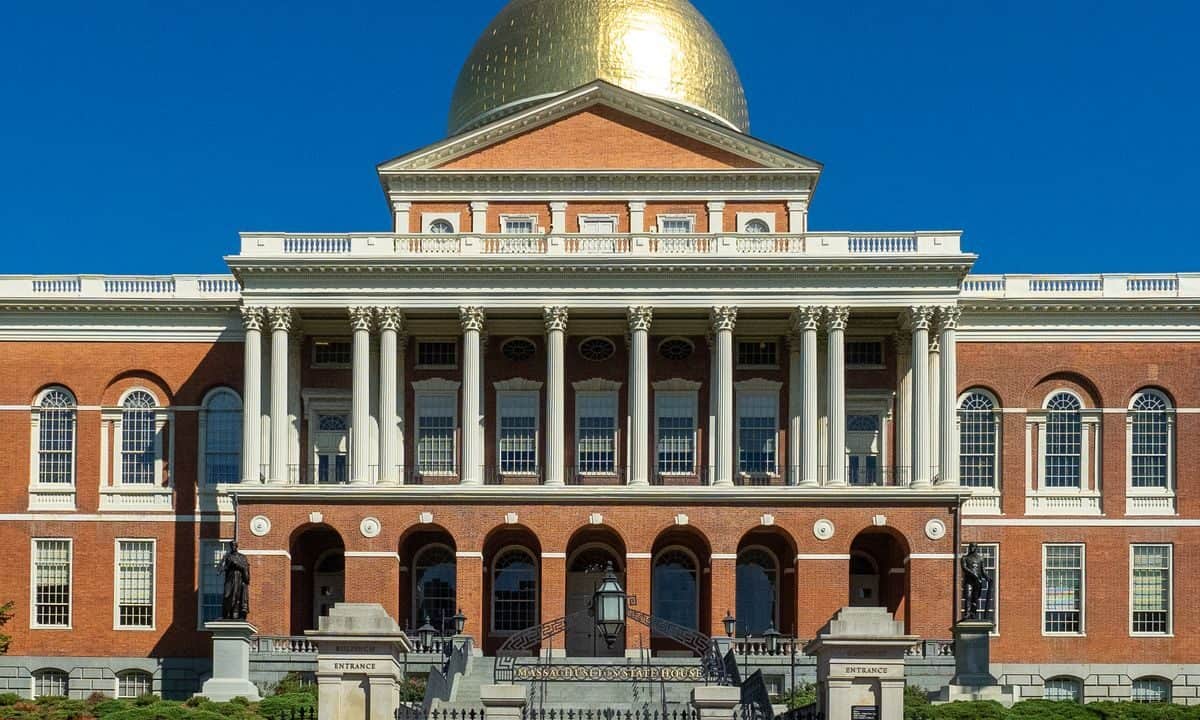 The Massachusetts State House in Boston by Ajay Suresh is licensed under CC BY 2.0
The Massachusetts State House in Boston by Ajay Suresh is licensed under CC BY 2.0
Question 1, a legislatively proposed constitutional amendment aimed at adding a 4% annual tax to the existing 5% flat-tax rate on income exceeding $1 million, is on the ballot for Massachusetts voters this November.
Democrats tout the initiative as a consequence-free piece of legislation for lower- and middle-class families, assuring voters that the revenue will be spent on improving education and transportation.
However, the measure is simply a liberal ploy to finally secure the political foothold necessary for reforming the state constitution and coming after the wallets of the average Massachusetts family in the years to come – the all-too-common “Robin Hood” pitch to take from the rich and give to the poor.
Question 1 is more like step 1 for those who want to take a lot more money from a lot more taxpayers than is currently allowed under the state’s flat tax structure.
This attempted workaround to Massachusetts’ existing flat tax would make the state’s top income tax rate the sixth highest in the nation. Additionally, “A huge surge in funding for transportation and schools sounds good, but Beacon Hill lawmakers would still need to vote each year to send the newly raised funds where voters intend,” argues Axios reporter Mike Deehan. In other words, if Question 1 is passed, it will grant liberal politicians a blank check to spend with no accountability.
By amending the state constitution and disrupting the flat-tax structure, the democrats aim to establish a political environment with less roadblocks to tax increases in the future. This is an obvious ploy to raise taxes via passing so called “fair share” legislation. Once they can raise taxes on one group at a time, it will be easier to raise taxes further.
Under a flat tax, “It is easier for taxpayers to estimate their tax liability and how it would change under different income scenarios, which enhances tax transparency and potentially improves some economic decision-making,” argues Jared Walczak of the Tax Foundation. Most importantly, flat-rate income taxes protect taxpayers from unjustified tax increases like Question 1 proposes.

